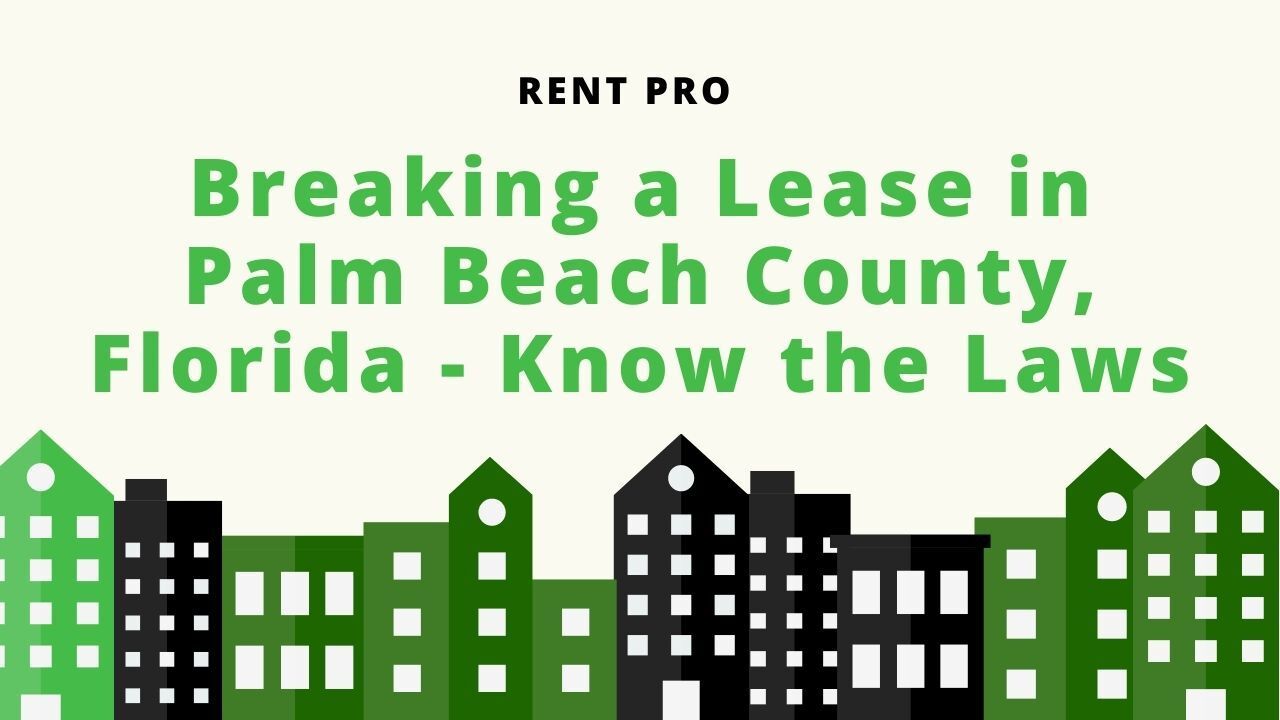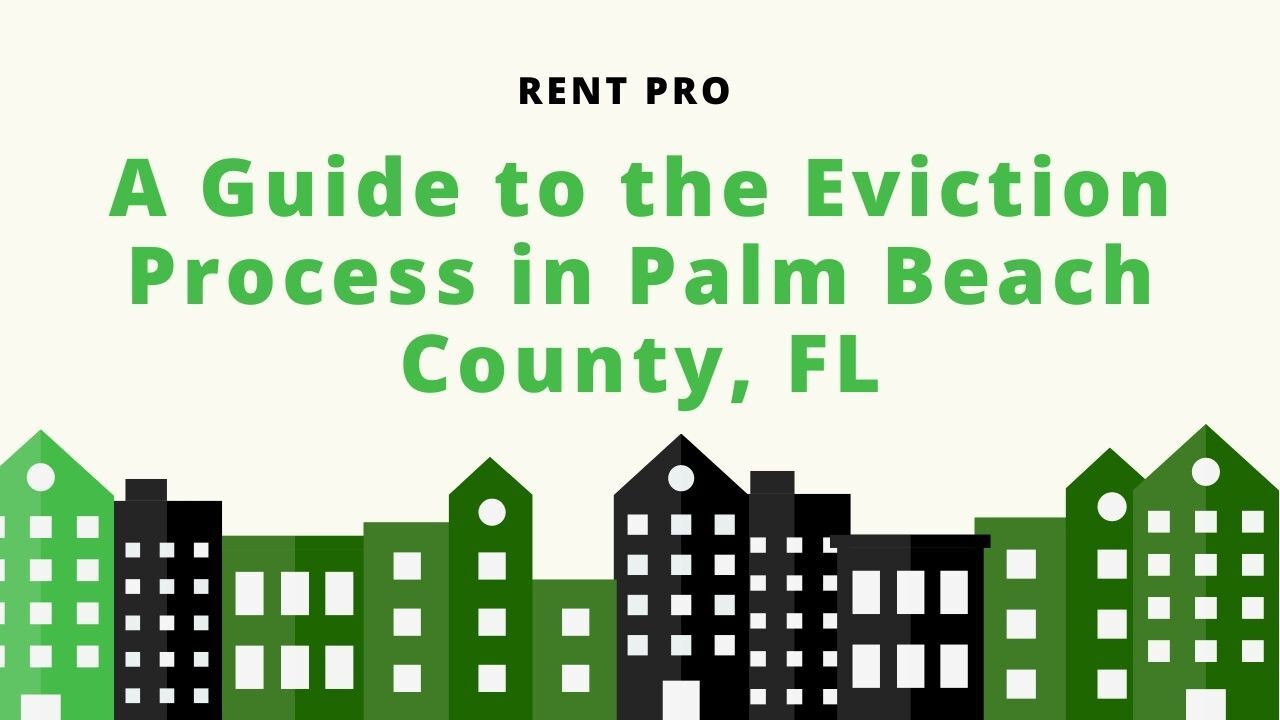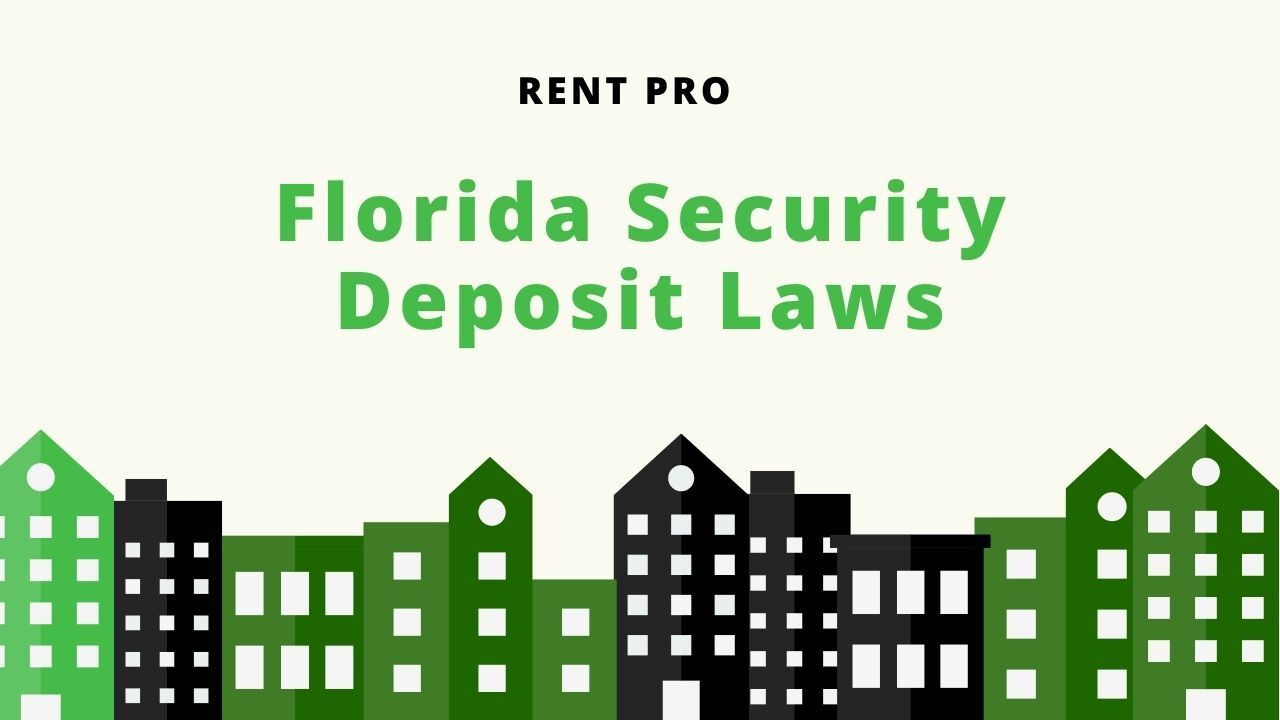Florida Rental Laws - An Overview of Landlord-Tenant Rights
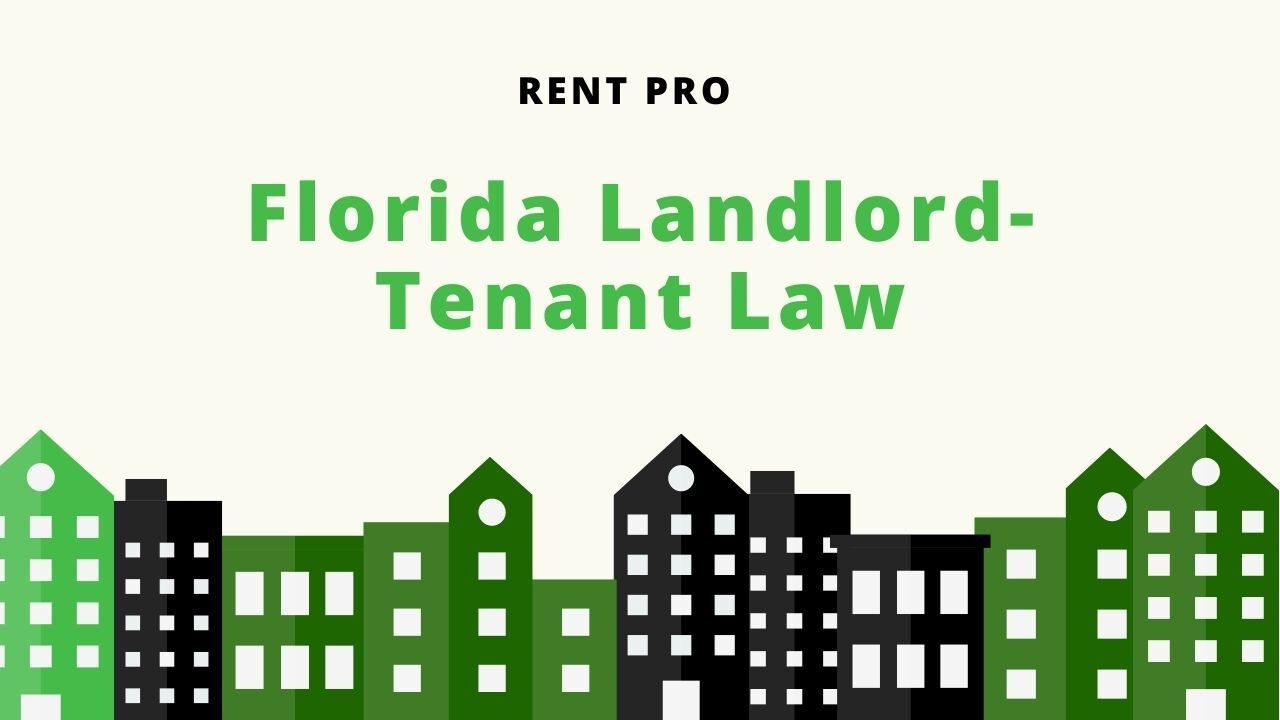
Florida has a statewide landlord-tenant law. This law is meant to ensure both parties signed to the lease understand their rights and obligations, among other things.
As a landlord, it’s key that you familiarize yourself with this piece of legislation in order to avoid potential legal battles with your tenant.
The following is everything you need to know about Florida landlord-tenant law.
Required Landlord Disclosures
Landlords in Florida are required, much like other states, to make certain disclosures to their tenants. Some of the disclosures are as follows:
- Lead-based Paint - Under federal law landlords are required to make information about the hazards of lead-based paints available to tenants if the rental property was built before 1978.
- Presence of Radon Gas - Radon gas is a health hazard for such reason, landlords in Florida must provide their renters with information about the gas’ risks whether or not it is present in the rental. As a landlord, you must include state-provided language which details the hazards and nature of the gas.
- Identity of the Landlord - You must also notify your tenant about your name or address. And if you’re not the one managing it, the name and address of the agent doing so.
A tenant must know about these important disclosures before their tenancy can commence.

Florida Tenants Rights & Responsibilities
Tenants in Florida have the following rights. They have a right to:
- Live in a home that meets all the basic health and safety codes that the state requires for rental properties
- Enjoy their property in peace and quiet, away from any unnecessary disruptions
- Remain in the property until the landlord has followed the proper eviction procedure as outlined in the law
- Have requested repairs tended to within a reasonable time frame
- Be served proper notice before any changes to the lease or rental agreement can be implemented
Equally, tenants living in Florida are required to undertake the following responsibilities:
- Abide by all terms of the lease or rental agreement
- Notify the landlord when maintenance issues come up
- Provide proper notice to a landlord before moving out
- Notify the landlord when looking to leave for a long period of time
- Keep the premises clean and sanitary at all times
- Allow the landlord to enter their rented home to perform the necessary responsibilities
- Respect their neighbor’s right to quiet and peaceful enjoyment of their properties
Rights & Responsibilities of Landlords in Florida
Florida landlords have a right to:
- Receive proper notice by tenants looking to vacate their rental premises
- Enforce the terms of the lease or rental agreement. For example, enforce a late fee on a tenant that has paid their rent late
- Enter rented premises to perform crucial responsibilities, such as property inspection
- Evict a tenant for violation of the lease or rental agreement. For instance, if the tenant causes excessive property damage or fails to pay rent

Increase rent in accordance with the lease. Please note that Florida doesn’t have a statewide rent control law. Also, local governments are barred from setting their own price controls. In the case of an annual lease, all you have to do is serve the tenant a 60 days’ notice before hiking their rent.
As for responsibilities, landlords in Florida have a responsibility to:
- Abide the Fair Housing Act by treating all tenants fairly and equally
- Notify their tenants when looking to enter their rented units
- Ensure that the dwelling abides by the minimum safety and health codes as the state of Florida requires. The law requires landlords to make necessary repairs in a timely manner. Specifically, they must be done within 7 days of the written notice sent by the tenant.
- Follow up on rules regarding the use and return of security deposits. For example, Florida landlords have a maximum of 15 days to return their tenant’s deposit, or whatever remains, along with any accrued interest.
An Overview of Florida Landlord-Tenant Law
Rent Withholding
As a landlord in Florida, you have a responsibility of ensuring that your rental property is in a livable condition. Once a tenant notifies you of an issue that can make the rental hazardous or unlivable, you have 7 days to make the necessary repairs. If you don’t, the law gives tenants certain rights, including the right to withhold rent.
Florida Eviction Laws
When evicting a difficult tenant, there are certain rules you must abide by for the eviction to go through.
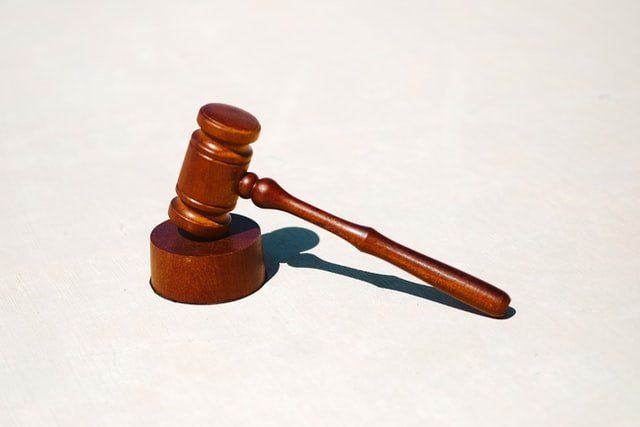
The first step starts with serving the tenant with proper notice. The type of notice to serve depends on the violation the tenant has committed. For nonpayment of rent, for instance, you must serve the tenant with a 3-Day Notice to Pay Rent or Quit.
Please note that ‘self-help” evictions are illegal in the state of Florida. Examples of these kinds of evictions can include changing the locks or moving tenant items. Only a court can order the removal of a tenant through the help of the local sheriff.
Early Lease Termination
Normally, breaking a lease attracts some financial and legal ramifications for a tenant. Exceptions do exist, however. A Florida tenant may have a right to break their early without penalty for the following reasons:
- Habitability violation
- Relocation for active military duty
- The early termination clause included the lease
- Privacy violation or landlord harassment
Fair Housing Act
This act protects tenants from discrimination on housing-related matters on the basis of some protected characteristics. Protected characteristics include race, color, religion, sex, national origin, disability, or familial status.
The Office of Fair Housing and Equal Opportunity (FHEO) enforces fair housing laws.
Summary
As a Florida landlord, you have a duty to remain informed of any local, state, or federal rental laws. Some of these laws include security deposit law, the legal eviction process, and policies for breaking a lease.
If you would like help managing your rentals contact the team at Rent Pro today!
Disclaimer: This information is in no way a substitute for professional legal advice. Laws change and this post may not be updated at the time of your reading. If you have a specific question, kindly hire a qualified attorney or an experienced property management company.
Share this post








